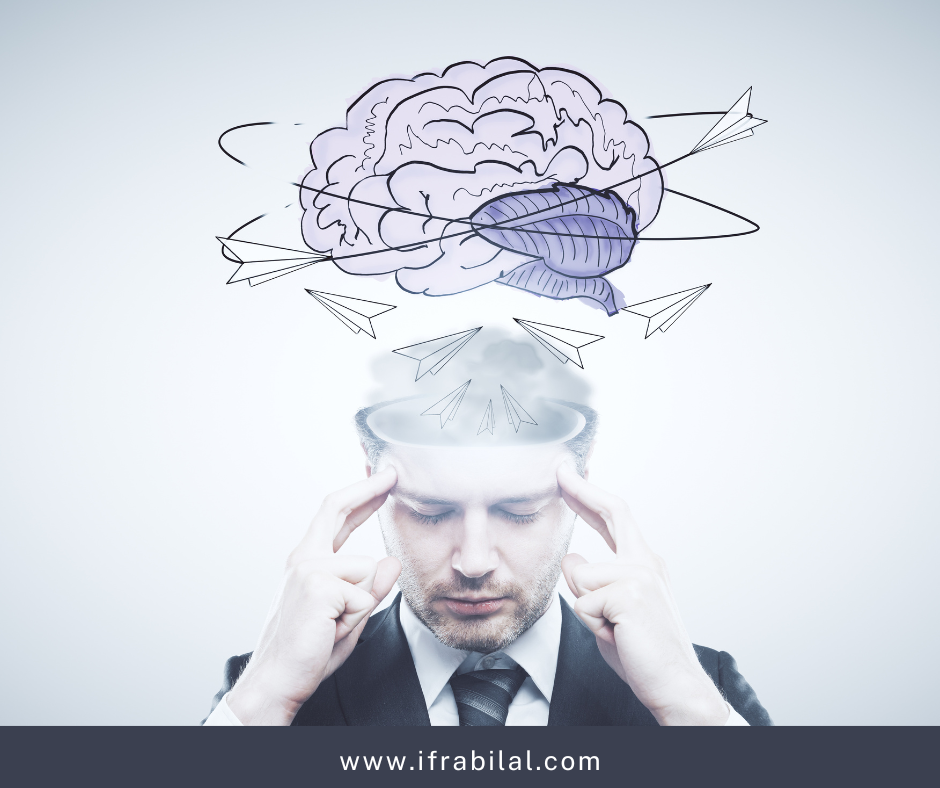Rethinking Mental Health Beyond Labels
For decades, the term mental illness has carried heavy stigma, often misunderstood as a weakness or flaw. But recent medical discussions have started to reframe how we view these conditions. Some experts describe certain mental illnesses as a “brain allergy”—a reaction of the brain to internal or external triggers, much like how the body reacts to pollen or food.
This perspective doesn’t mean mental illness is literally an allergy, but it highlights the idea that our brain, like the rest of our body, can respond negatively to stress, toxins, trauma, or imbalances. For families in Malaysia and around the world, understanding this connection can help reduce stigma and open doors to compassionate care.
What Does “Brain Allergy” Mean?
The phrase brain allergy is not an official medical diagnosis but a metaphor to explain how the brain may react abnormally when exposed to certain stressors:
- Chemical triggers → imbalances in neurotransmitters like serotonin or dopamine.
- Environmental triggers → pollution, sleep deprivation, or even poor diet.
- Emotional triggers → trauma, chronic stress, or unresolved grief.
Just as allergies cause inflammation in the body, mental illness can be seen as “inflammation of the mind”—a protective yet disruptive response to overwhelming circumstances.
Common Mental Illnesses That Reflect This Concept
Some conditions where the “brain allergy” perspective resonates include:
- Depression → the brain struggles with chemical balance, leading to sadness and fatigue.
- Anxiety disorders → the nervous system overreacts to stress, similar to an allergic flare-up.
- Bipolar disorder → extreme highs and lows, triggered by shifts in brain chemistry.
- Schizophrenia → disruptions in perception and thought, linked to abnormal brain signaling.
Why Mental Illness Develops
Whether we call it mental illness or brain allergy, the causes are multi-layered:
- Biological factors → genetics, hormonal changes, brain chemistry.
- Environmental factors → exposure to toxins, unhealthy lifestyle, or trauma.
- Social factors → isolation, financial stress, academic pressure (especially in Malaysia’s competitive education system).
- Diet and gut health → poor nutrition and gut imbalances may influence mental well-being.
How Malaysia and the World Are Impacted
Mental health concerns are rising globally, and Malaysia is no exception. According to local studies, 1 in 3 Malaysians experience mental health issues at some point in their lives. Urban stress, long working hours, and rising living costs have made conditions like depression and anxiety more common.
Worldwide, the World Health Organization (WHO) estimates that over 970 million people are living with mental illness. This is not a rare issue—it is a universal challenge.
Treatment: From Medical Care to Lifestyle Shifts
Whether described as mental illness or brain allergy, healing is possible. Treatment often combines:
- Therapy and counseling → helps process triggers and build coping strategies.
- Medication → balances brain chemistry when needed.
- Nutrition → brain-friendly foods like omega-3s, leafy greens, and probiotics.
- Mind-body practices → yoga, prayer, meditation, and mindfulness.
- Community support → families, workplaces, and schools must play a role in reducing stigma.
Breaking Stigma: Why Language Matters
Referring to mental illness as a brain allergy can help communities, especially in Malaysia where stigma remains high, to view these conditions as medical—not moral—issues. Just like asthma or diabetes, they require treatment, patience, and understanding.
By shifting the conversation, families are more likely to seek help earlier and provide compassionate support rather than silence and shame.
A New Way to See Mental Health
Whether we call it mental illness or a brain allergy, the important truth is this: people suffering are not weak—they are experiencing a health condition. With the right treatment, lifestyle adjustments, and societal support, recovery and resilience are possible.
The question is not what we name it, but how we respond to it—with empathy, science, and hope.
